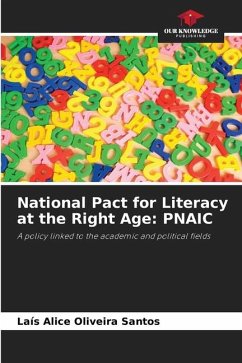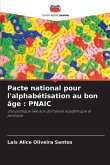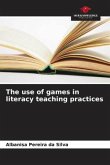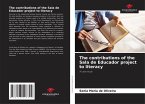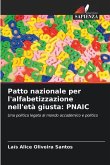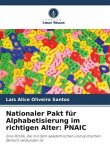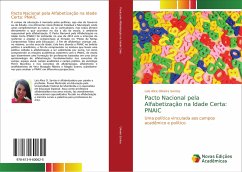The field of education is marked by policies, whether government or state, at different levels (federal, state and municipal), where one complements the other, or contradicts each other, but all directly affect what happens on a daily basis at school, the environment responsible for literacy. The National Pact for Literacy at the Right Age (PNAIC) was set up in 2012 with the intention of reaffirming and expanding the commitment already made in the "All for Education Target Plan", with the aim of making children literate by the age of eight at the latest. This book looks at PNAIC in the political and academic spheres, in order to understand the reasons why one literacy policy is being replaced by another, as well as to understand the academic relationships that exist with PNAIC, so that they disseminate teacher training based on a single literacy epistemology. Based on sociologist Pierre Bourdieu's concepts of field, social space, academic field and political field, and on Vera Masagão Ribeiro and Magda Soares' concepts of literacy, literacy and illiteracy, we used these concepts to analyse PNAIC from different perspectives.
Bitte wählen Sie Ihr Anliegen aus.
Rechnungen
Retourenschein anfordern
Bestellstatus
Storno

